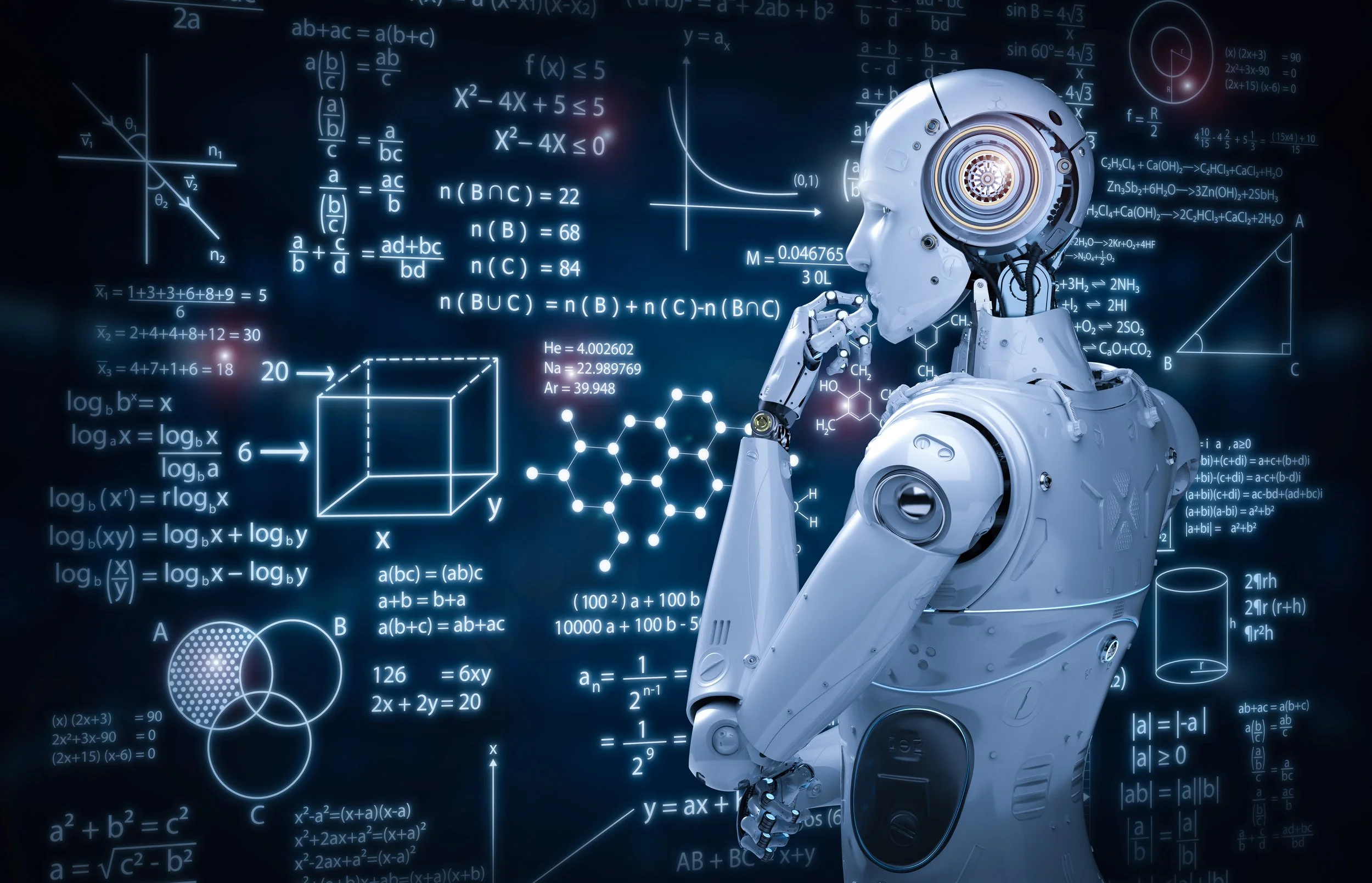AI Business Auto
Key Words:
AI automation, intelligent process automation, predictive analytics, machine learning, business efficiency, digital transformation.
Abstract:
The rapid advancement of artificial intelligence (AI) has ushered in a new era of automation, transforming business operations across industries. AI-powered automation enhances efficiency, reduces operational costs, and improves decision-making through data-driven insights. This article explores the future of AI-driven automation, including intelligent process automation, predictive analytics, autonomous decision-making, and ethical considerations. As AI continues to evolve, businesses must adapt to leverage its full potential while addressing challenges related to workforce adaptation and ethical AI deployment.
Introduction:
Artificial intelligence is revolutionizing the way businesses operate by automating repetitive tasks, optimizing workflows, and enabling real-time decision-making. AI-powered automation is no longer limited to manufacturing or IT sectors; it has permeated finance, healthcare, marketing, customer service, and logistics. As AI technologies advance, the impact on business operations will grow exponentially. This article delves into the emerging trends, key benefits, and potential challenges of AI-driven automation, providing insights into how organizations can harness AI to stay competitive in the digital age.
Main Paragraphs:
· Intelligent Process Automation: AI-driven automation is streamlining business processes through robotic process automation (RPA) and machine learning algorithms. RPA tools equipped with AI capabilities can perform complex tasks such as data extraction, invoice processing, and customer service inquiries without human intervention. By integrating AI with automation, businesses can achieve greater accuracy, speed, and scalability while reducing costs.
· Predictive Analytics for Business Efficiency: AI-powered predictive analytics is transforming decision-making by analyzing historical data to forecast future trends. Businesses can leverage AI-driven insights to optimize inventory management, anticipate customer behavior, and mitigate risks. By utilizing machine learning models, organizations can make proactive decisions, improving overall efficiency and responsiveness to market changes.
· Autonomous Decision-Making: Advanced AI systems are increasingly capable of making real-time decisions based on data analysis. From financial trading algorithms to supply chain optimization, AI-powered decision-making reduces human intervention and accelerates operations. While autonomous AI decision-making enhances efficiency, businesses must establish safeguards to ensure accountability and transparency in AI-driven processes.
· Workforce Transformation and AI Collaboration: As AI automation takes over repetitive tasks, the workforce landscape is shifting towards roles that require creativity, problem-solving, and AI oversight. Businesses must invest in upskilling employees and fostering AI-human collaboration to maximize productivity. By adopting AI as an enabler rather than a replacement, organizations can create new opportunities for innovation and growth.
· Ethical Considerations and AI Governance: While AI automation offers numerous benefits, ethical concerns surrounding bias, transparency, and data privacy must be addressed. Businesses need to establish robust AI governance frameworks that ensure fairness, accountability, and compliance with regulatory standards. By prioritizing ethical AI deployment, organizations can build trust with stakeholders and maintain a responsible approach to automation.
Conclusion:
The future of AI-powered automation in business operations holds immense potential for efficiency, innovation, and growth. As AI technologies continue to evolve, businesses must embrace automation strategically while addressing workforce transformation and ethical considerations. By integrating AI into business processes with a balanced approach, organizations can unlock new levels of productivity, drive competitive advantage, and navigate the complexities of an increasingly automated world.
Resources:
· AI and Automation Overview: McKinsey on AI: McKinsey Global Institute's reports on AI and automation:
https://www.mckinsey.com/featured-insights/artificial-intelligence
· Intelligent Process Automation & RPA: on RPA: Insights into Robotic Process Automation and how it's transforming industries:
https://www.gartner.com/en/newsroom/press-releases/2021-07-20-robotic-process-automation-rpa
· Predictive Analytics for Business Efficiency: Harvard Business Review on Predictive Analytics: Applications and real-world benefits of predictive analytics:
https://hbr.org/2016/02/why-predictive-analytics-are-the-key-to-business-growth
· Autonomous Decision-Making: MIT Sloan on Autonomous Decision Making: Research on AI decision systems and their applications in business:
https://sloanreview.mit.edu/article/ai-in-decision-making-how-machine-learning-impacts-human-judgement/
· Workforce Transformation and AI Collaboration: World Economic Forum on AI & the Future of Work: Insights into how AI is reshaping the workforce:
https://www.weforum.org/agenda/2020/10/ai-future-workforce/
· Ethical Considerations and AI Governance: AI Ethics Guidelines by the European Commission: A framework for ethical AI deployment and governance:
https://ec.europa.eu/digital-strategy/our-policies/european-approach-artificial-intelligence_en
· General Overview of AI in Business: Forbes on AI Trends: Emerging trends in AI and its role in business transformations:
https://www.forbes.com/sites/forbestechcouncil/2021/04/27/five-ways-ai-is-transforming-business-in-2021/

